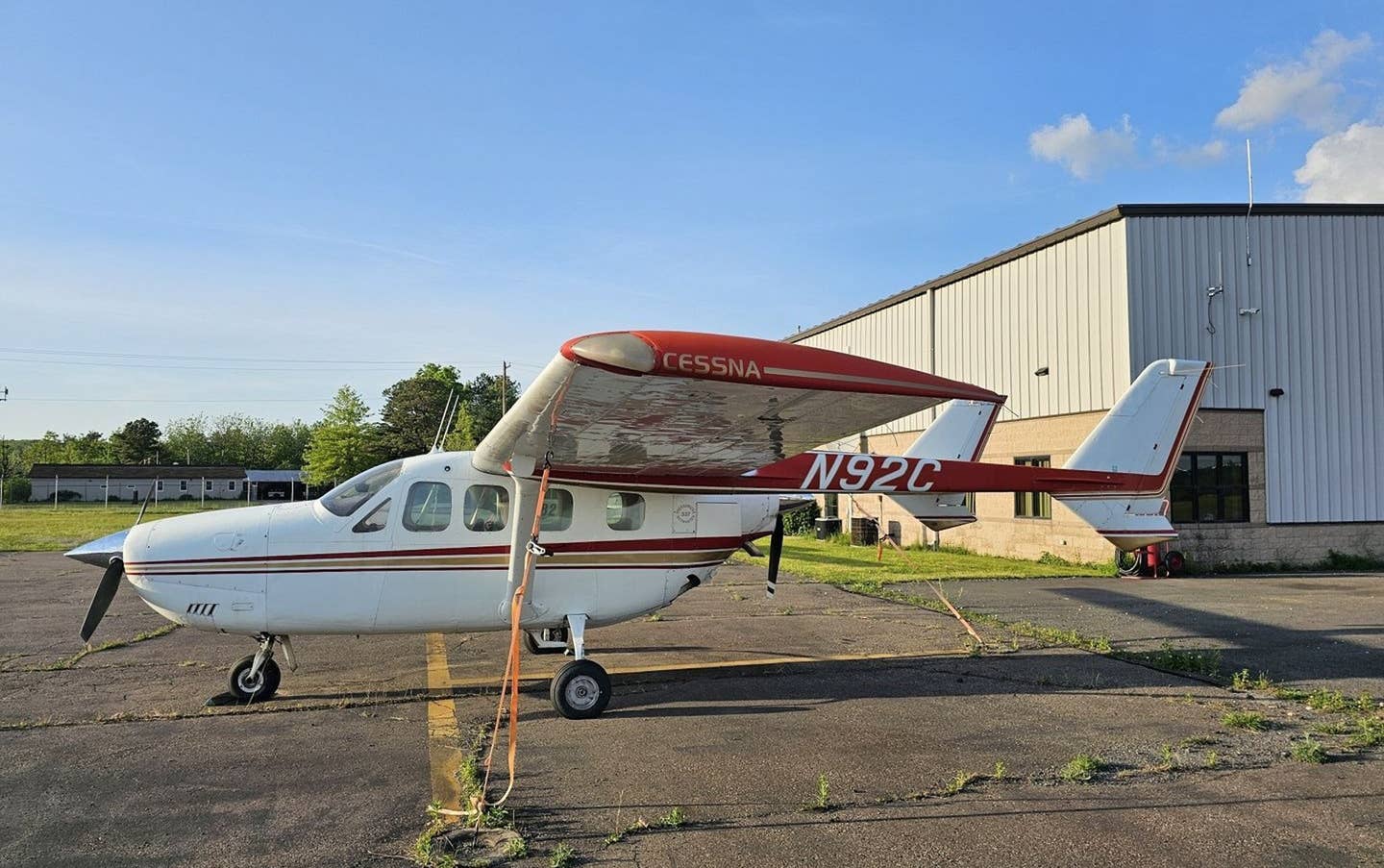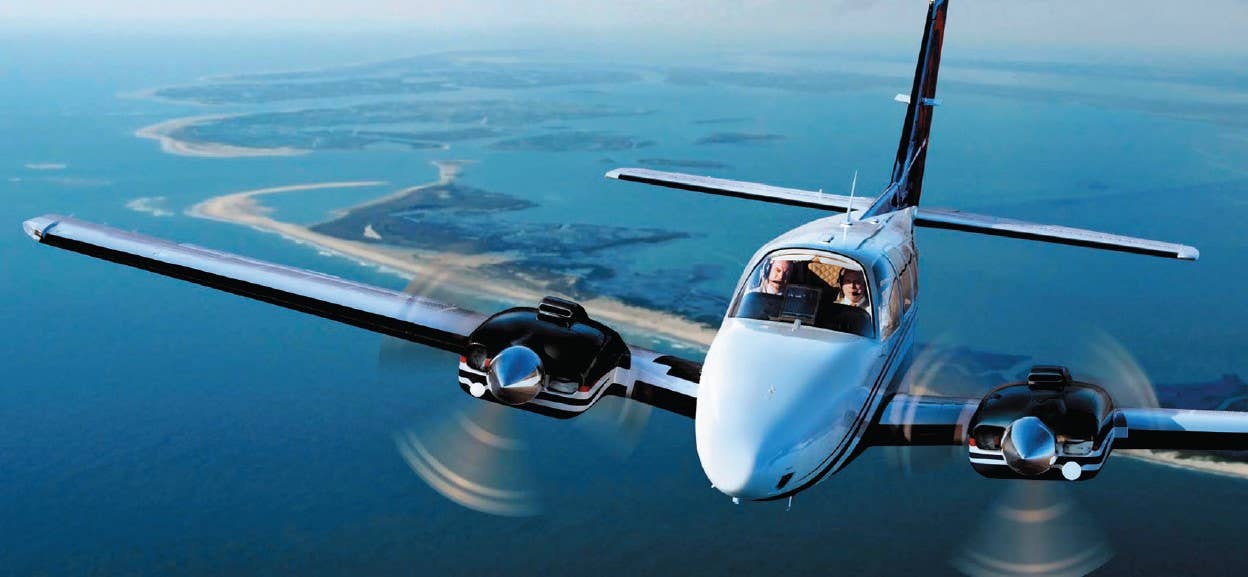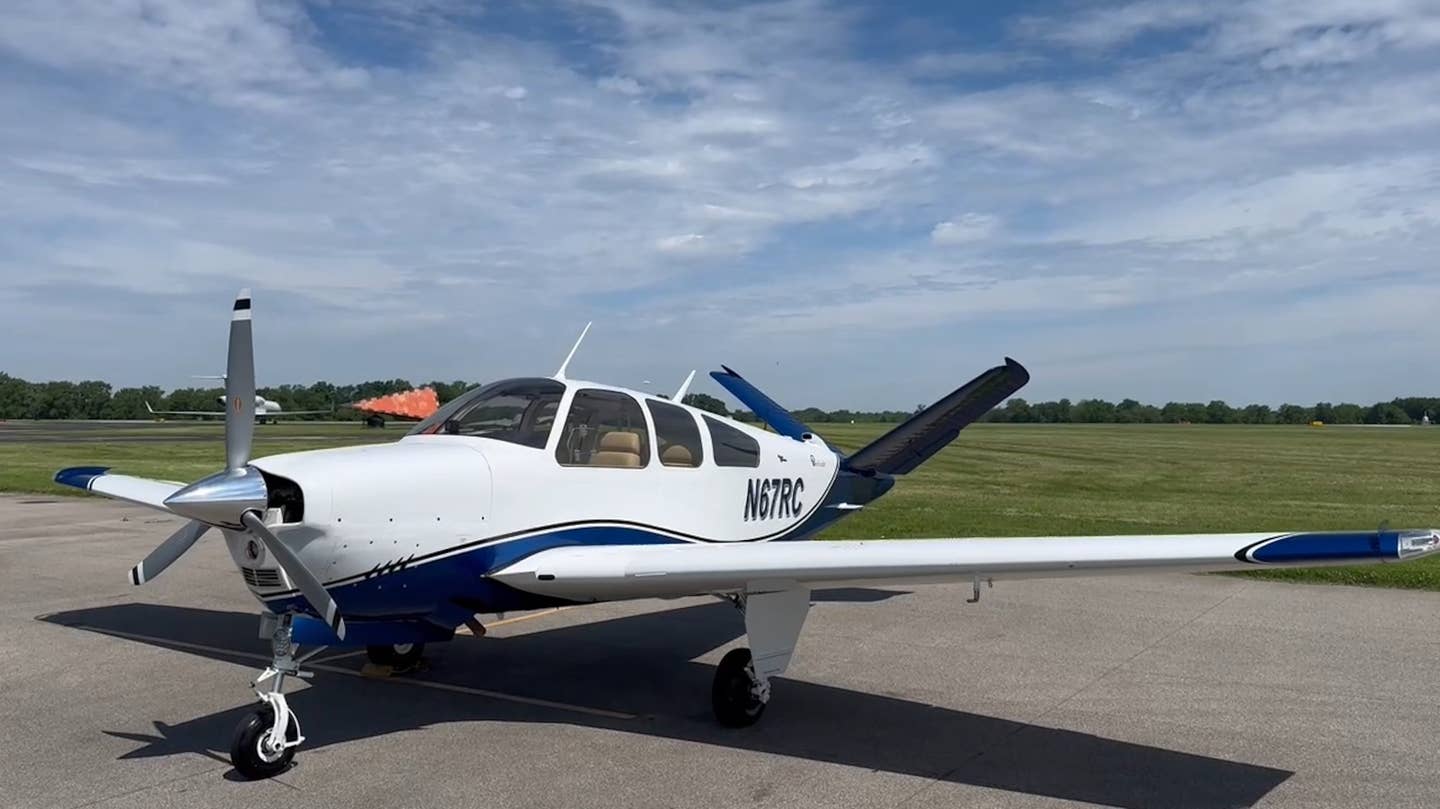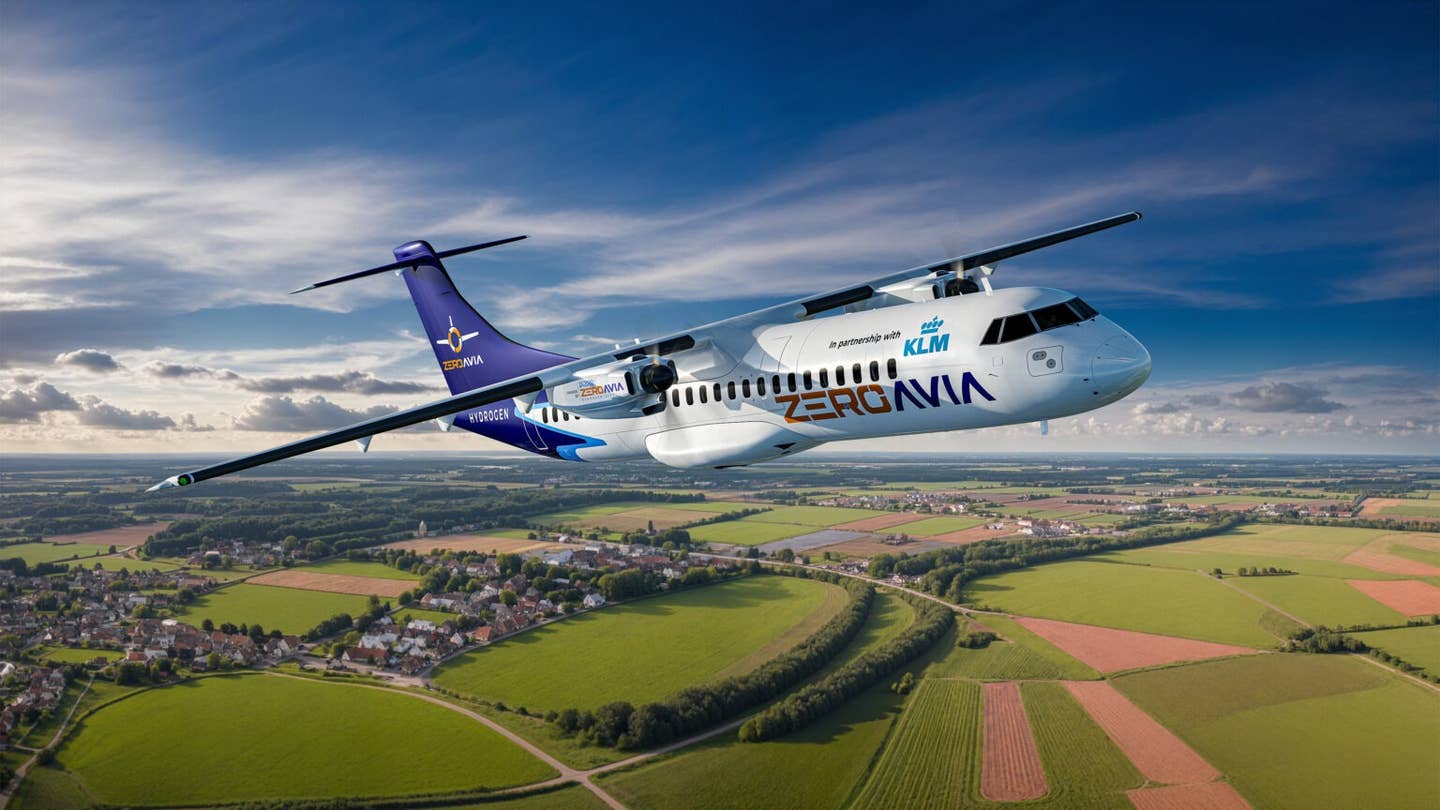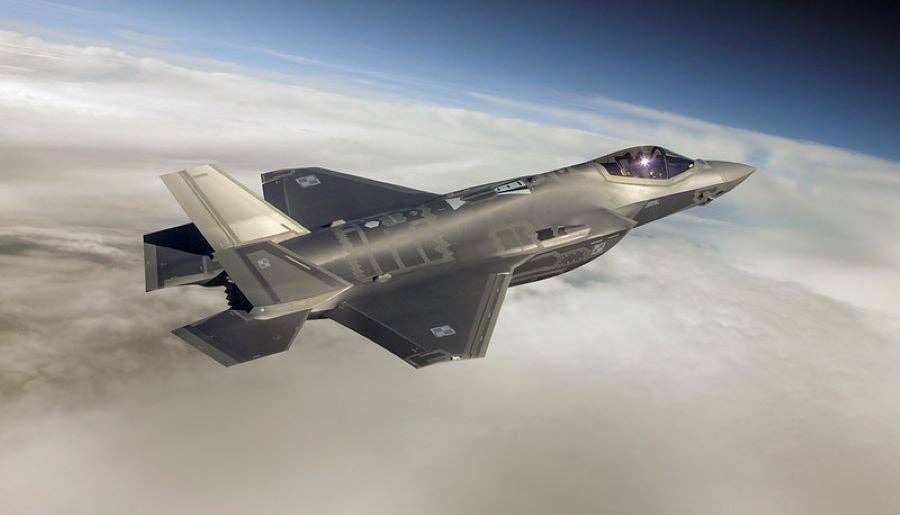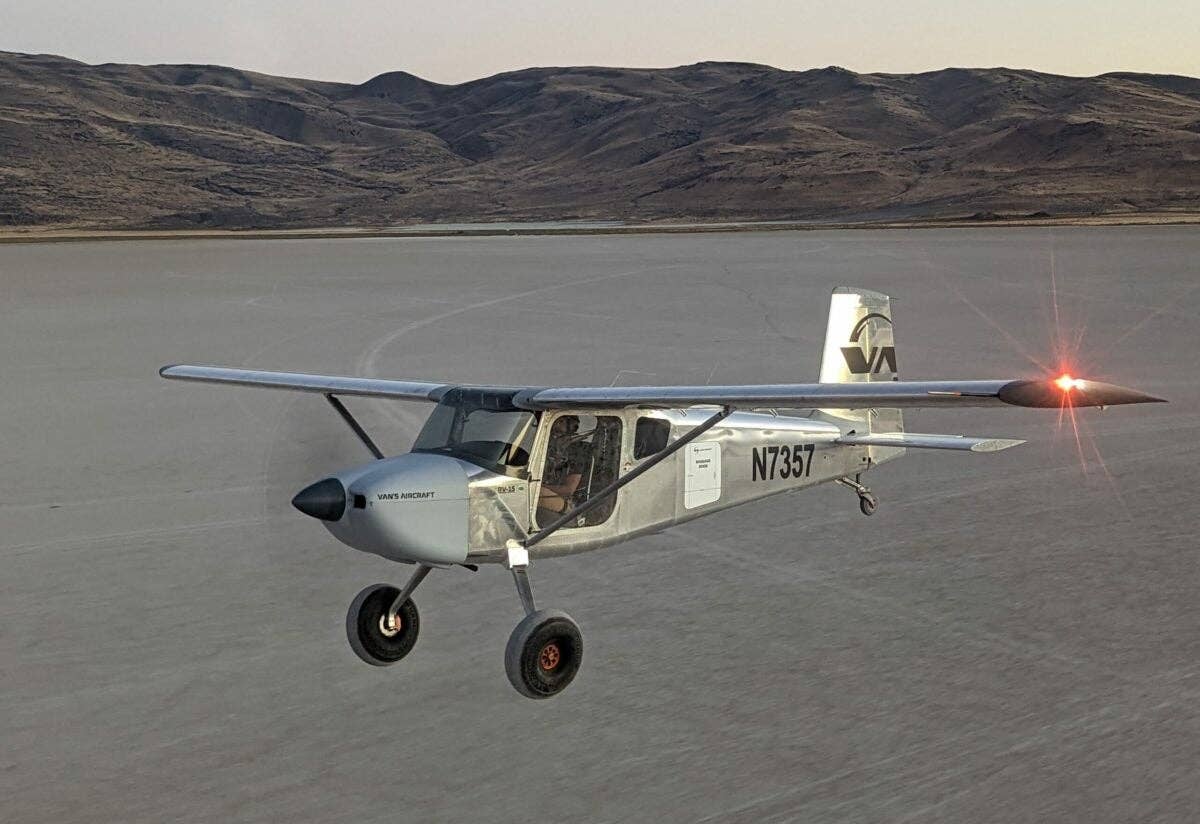ZeroAvia Secures Nearly $38 Million in Funding For Its Hydrogen Powerplant Development
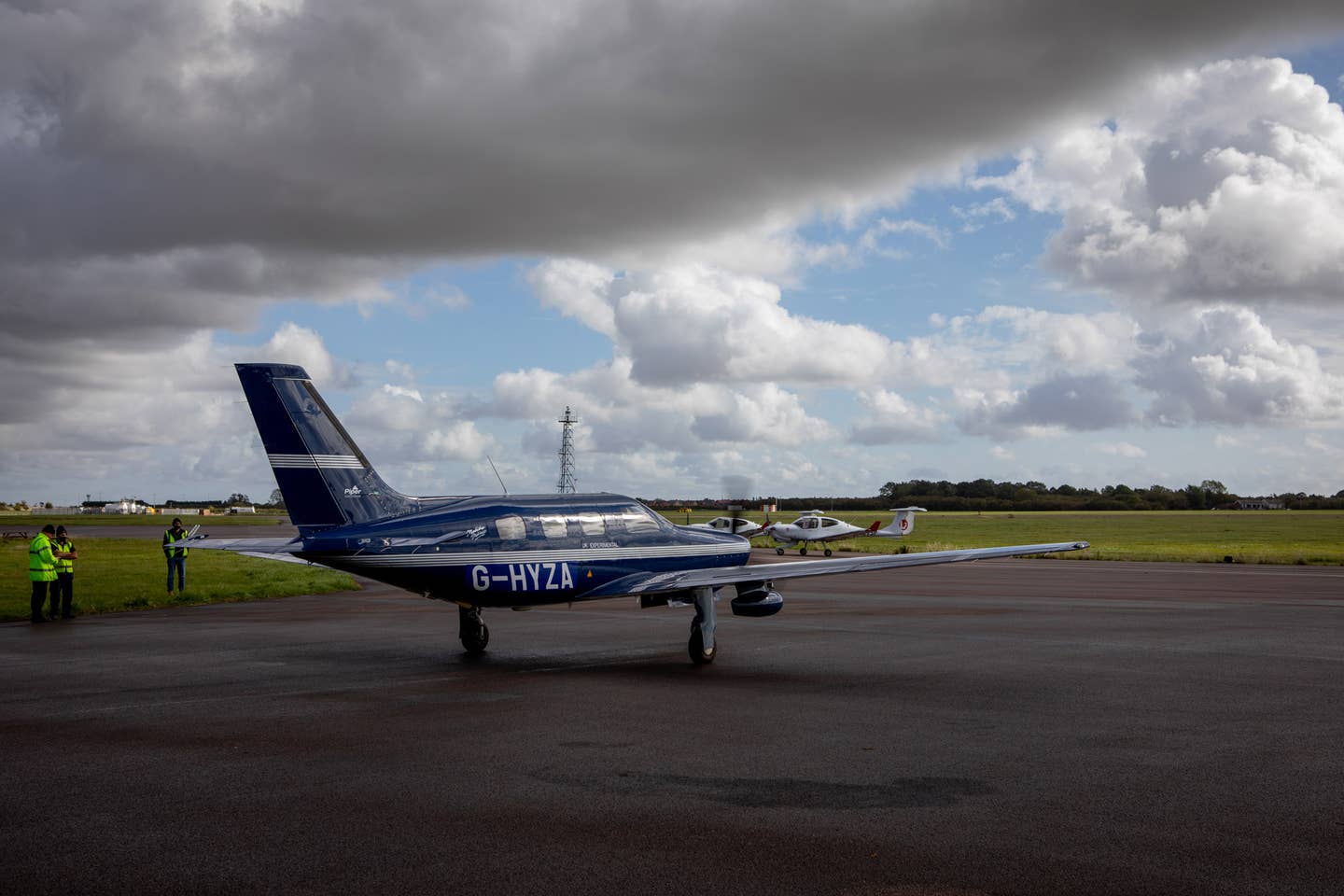
The ZeroAvia test airplane waits to taxi to the runway at Cranfield Airport in the UK. ZeroAvia
The zero-emissions solution proposed and under development by startup company ZeroAvia has attracted the attention of a cadre of interesting players that have now signed on to deliver a substantial round of funding to the program. New investment from the Amazon Climate Pledge Fund, Breakthrough Energy Ventures (established by Bill Gates in 2015), Ecosystem Integrity Fund, Horizons Ventures, Shell Ventures, and Summa Equity totals $21.4 million in a Series A round, as announced by ZeroAvia on December 16. In addition, ZeroAvia has secured grant funding from the Department for Business Energy & Industrial Strategy (BEIS), Aerospace Technology Institute (ATI), and Innovate UK totaling $16.3 million. Total funding raised by the company since inception is $49.7 million.
The new funding for ZeroAvia builds on previous UK investment, and it propels the company further towards its goal of producing a hydrogen-powered, commercially viable series of aircraft, with increasing range and passenger-carrying capability. The company has progressed in stages towards this goal, with initial flights in its Piper M-class aircraft flown under battery-supplied electric power in June 2020, and in September 2020 with a flight in the traffic pattern at Cranfield, UK, powered by hydrogen. A true cross-country flight of 250 miles is expected to take place in the next three months.
Flying checked in with ZeroAvia’s founder and CEO, Val Miftakhov, on the plans the company has next in the development program. “We have proven the concept and validated key components, control, and integration strategies with our 6-seat Piper platform work. With that, we are now moving to a larger platform to support the scale-up of that approach to a 600kW turbine replacement powerplant. This work will be done on a 19-seat aircraft, most likely a [Dornier] Do228.”
ZeroAvia also announced a partnership with British Airways on December 12, which will allow ZeroAvia to embed into the BA ecosystem to help both entities understand the role that hydrogen-powered aircraft can play in increasing the sustainability of commercial aviation. The partnership pairs ZeroAvia with mentors and other experts within BA, as part of the International Airlines Group’s (BA’s parent company) Hangar 51 accelerator program.
Flying asked Miftakhov where he saw the airline utilizing the future ZeroAvia aircraft within its network. “We are looking for long-term engagements with major airlines such as British Airways across the vehicle classes, matching our roadmap from 10-to-20-seat aircraft in 3 years, 50-to-80-seat [aircraft] shortly thereafter, and 100-plus-seat [aircraft] by 2030,” said Miftakhov. “The first step in such engagements is the development of the rollout plans, taking into account route network, utilization statistics, proximity of renewable power for on-site fuel production, [and so forth.]”

Subscribe to Our Newsletter
Get the latest FLYING stories delivered directly to your inbox

